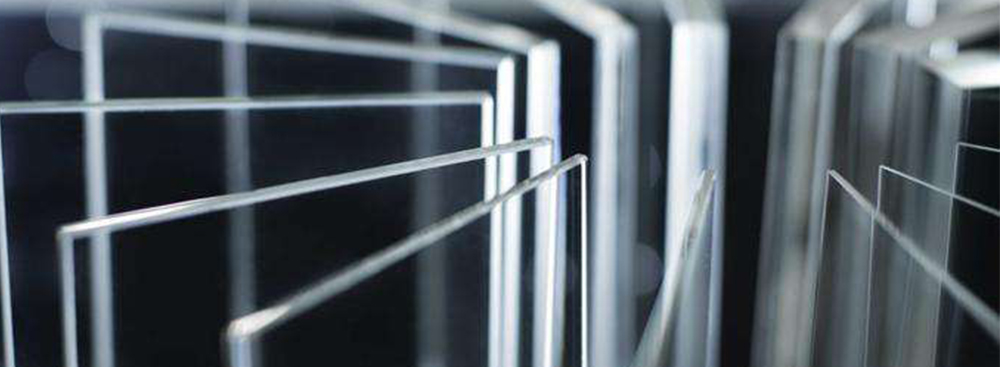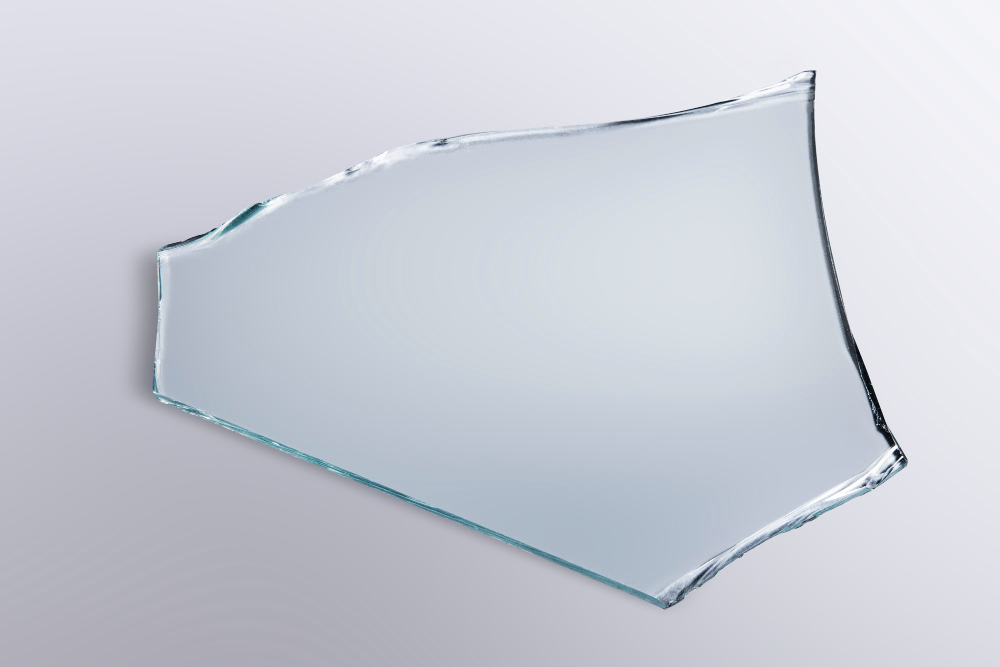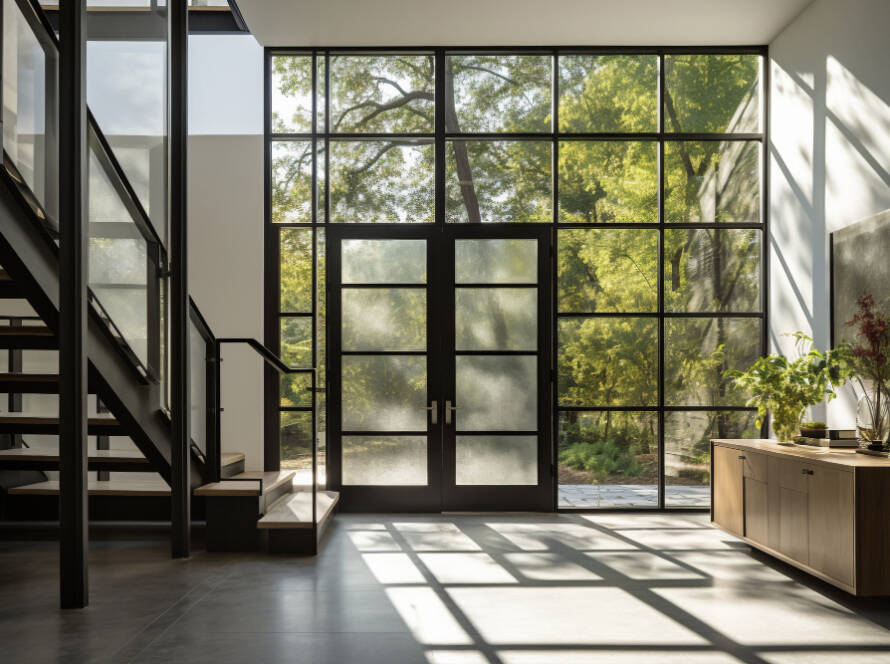Demystifying Toughened Glass Thickness: Finding the Perfect Fit for Your Needs

When it comes to toughened glass, thickness plays a crucial role in determining its strength, durability, and suitability for various applications. From enhancing safety to achieving aesthetic perfection, choosing the right thickness is essential to unlocking the full potential of toughened glass. In this blog, we delve into the world of toughened glass thickness, exploring its implications and guiding you toward making informed decisions.
The Manufacturing Process: From Raw Material to Toughened Wonder
The journey of toughened glass begins with the selection of high-quality raw materials, primarily silica sand, soda ash, limestone, and other additives. These ingredients are carefully mixed and melted at temperatures exceeding 1,700 degrees Celsius to form molten glass. The molten glass is then shaped into desired forms through processes such as rolling, pressing, or blowing.
Once the glass takes shape, it undergoes a rigorous tempering process. In the thermal tempering method, the glass is heated to near its softening point and then rapidly cooled using air jets. This rapid cooling induces surface compression, while the interior remains in tension, resulting in toughened glass with enhanced strength and durability.
Benefits Beyond Strength: Why Toughened Glass Stands Out
- Enhanced Safety: The tempered nature of toughened glass reduces the risk of injury in the event of breakage, making it a safer choice for applications involving human interaction.
- Durability and Longevity: Toughened glass is highly resistant to scratches, impacts, and thermal stress, ensuring longevity and minimal maintenance requirements.
- Optical Clarity: Unlike some alternative materials, toughened glass maintains optical clarity and does not degrade or discolor over time, preserving the aesthetic appeal of architectural and design elements.
- Environmental Sustainability: Glass is inherently recyclable, making toughened glass a sustainable choice for eco-conscious consumers and industries.
Understanding Toughened Glass Thickness

Toughened glass is available in a range of thicknesses, catering to diverse needs and requirements. Common thickness options include:
- 4mm: This thinner option is often used for lightweight applications where space is limited, such as picture frames or small decorative panels.
- 5mm: Slightly thicker than 4mm, 5mm toughened glass offers increased strength and stability, making it suitable for small windows, shelves, and tabletops.
- 6mm: Widely used in residential and commercial settings, 6mm toughened glass strikes a balance between strength and affordability. It is commonly employed for doors, partitions, and balustrades.
- 8mm: As we move up in thickness, 8mm toughened glass becomes suitable for larger windows, glass doors, and structural applications where added strength is desired.
- 10mm: Ideal for heavy-duty applications, 10mm toughened glass offers enhanced durability and stability. It is commonly used for shower screens, glass fencing, and architectural features.
- 12mm: With its robust construction, 12mm toughened glass is suitable for demanding environments, including high-traffic areas, commercial buildings, and outdoor installations.
- 15mm: The thickest option available, 15mm toughened glass provides maximum strength and impact resistance. It is often chosen for structural glazing, glass facades, and high-security applications.
Exploring the Applications and Thickness Options of Toughened Glass
- Architectural Glazing:
Applications: Windows, doors, facades, partitions, balustrades, skylights.
Toughened Glass Thickness Options:
Windows and doors: 6mm to 10mm
Balustrades and partitions: 8mm to 12mm
Facades and skylights: 10mm to 15mm
- Automotive Industry:
Applications: Windshields, side windows, rear windows, sunroofs.
Toughened Glass Thickness Options:
Windshields: 4.76mm to 6mm
Side and rear windows: 4mm to 6mm
Sunroofs: 6mm to 10mm
- Furniture and Decor:
Applications: Tabletops, shelves, cabinets, display cases, decorative panels.
Toughened Glass Thickness Options:
Tabletops and shelves: 6mm to 12mm
Display cases and decorative panels: 4mm to 8mm
Cabinets: 4mm to 6mm
- Consumer Electronics:
Applications: Smartphone screens, tablet screens, touch panels, display screens.
Toughened Glass Thickness Options:
Smartphone and tablet screens: 0.4mm to 1mm
Touch panels and display screens: 1mm to 3mm
- Industrial Applications:
Applications: Machine guards, safety enclosures, protective barriers.
Toughened Glass Thickness Options:
Machine guards and safety enclosures: 6mm to 12mm
Protective barriers: 8mm to 15mm
Factors Influencing Thickness Selection
Several factors should be considered when determining the appropriate thickness of toughened glass for your project:
- Safety Requirements: Depending on the intended use, certain applications may require thicker glass to meet safety standards and regulations. For example, balustrades and glass doors in high-traffic areas may necessitate thicker glass for enhanced impact resistance.
- Aesthetic Preferences: The thickness of toughened glass can influence the visual appearance of the final product. Thicker glass panels may convey a sense of solidity and luxury, while thinner panels offer a more minimalist aesthetic.
- Environmental Factors: In areas prone to extreme weather conditions or seismic activity, thicker toughened glass may be preferred to ensure structural stability and resilience against external forces.
- Load-Bearing Capacity: Applications that involve supporting heavy loads, such as glass floors or structural glazing, require thicker glass to withstand the weight and pressure exerted on the surface.
Check out our other blog to learn about the advantages of toughened glass
FAQs
The standard thickness of toughened glass varies but is commonly between 4mm and 19mm.
Toughened glass is available in various thicknesses, ranging from 3mm to 19mm or even thicker for specific applications.
While toughened glass is stronger than regular glass, a 12mm thick piece can still break under extreme force or impact.
6mm toughened glass is relatively strong but may not be suitable for high-impact or load-bearing applications.





